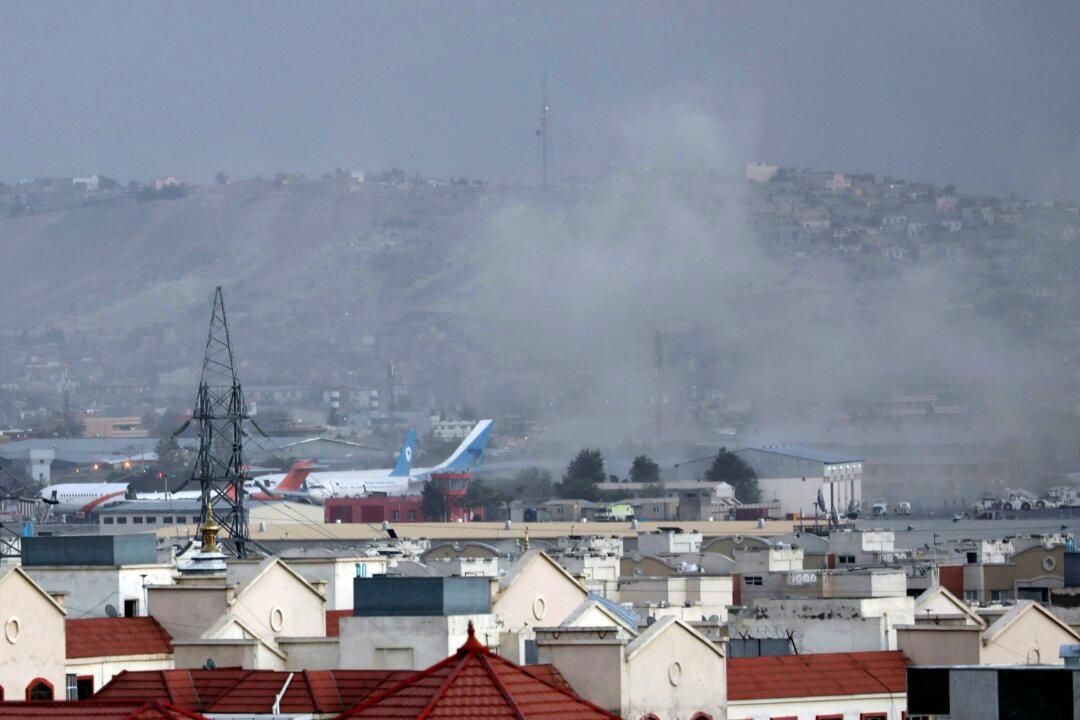Commentary
Xi Jinping, the General Secretary of the Chinese Communist Party (CCP), said on Aug. 28 that “[We] should hold the ground of ideology. [We] should actively and steadily address the ideological issues that involve ethnic factors, and continue to eradicate poisonous thoughts of ethnic separatism and religious extremism.”





